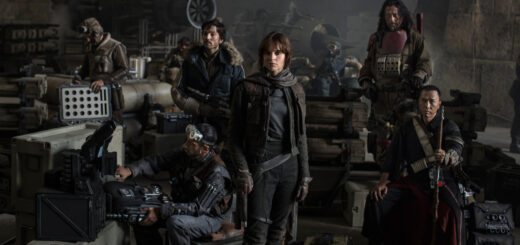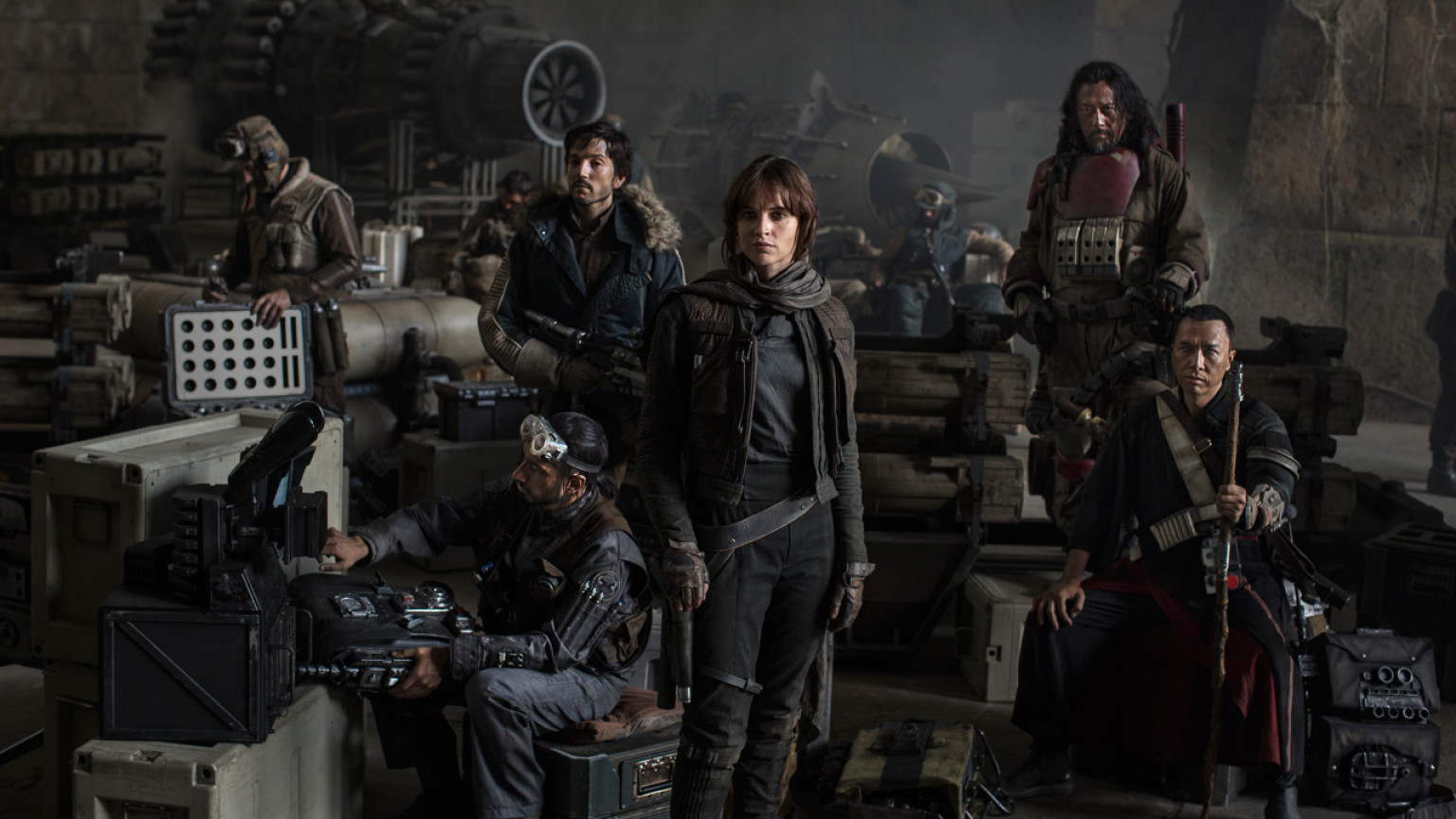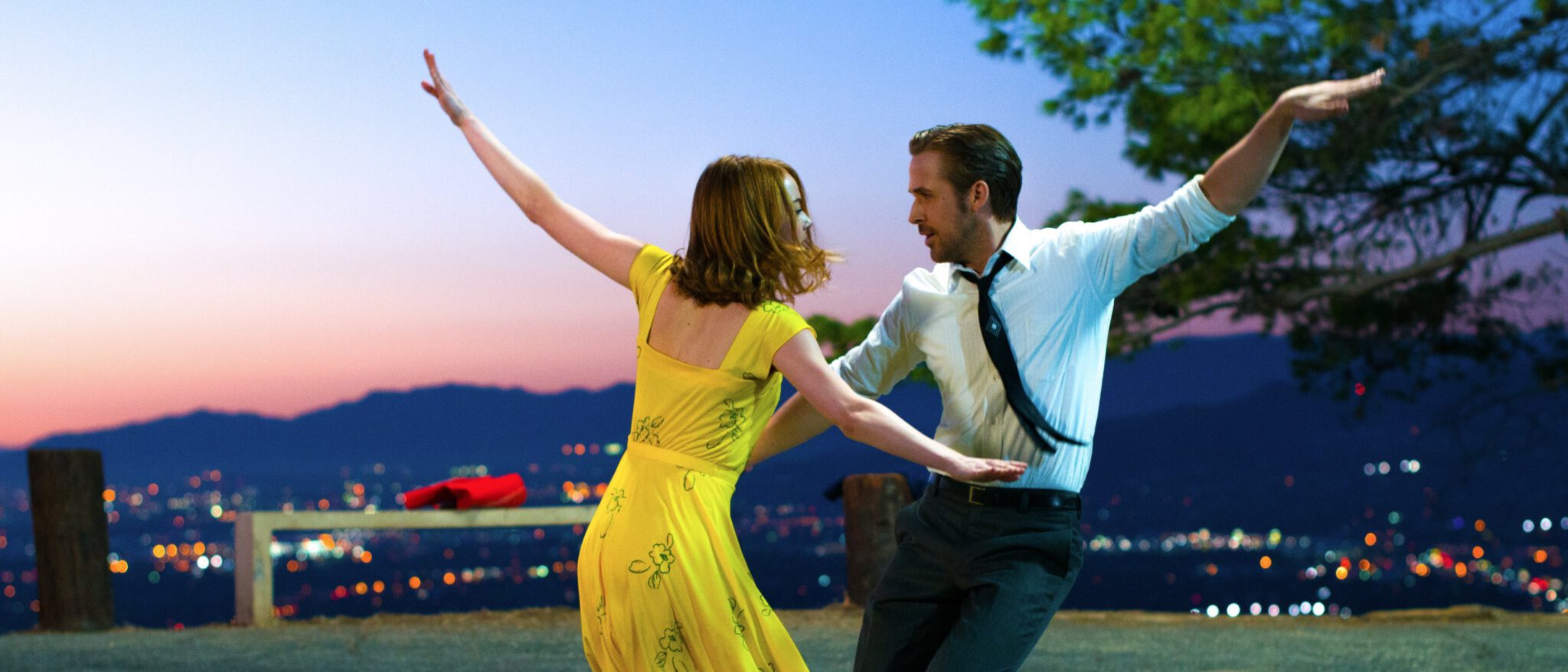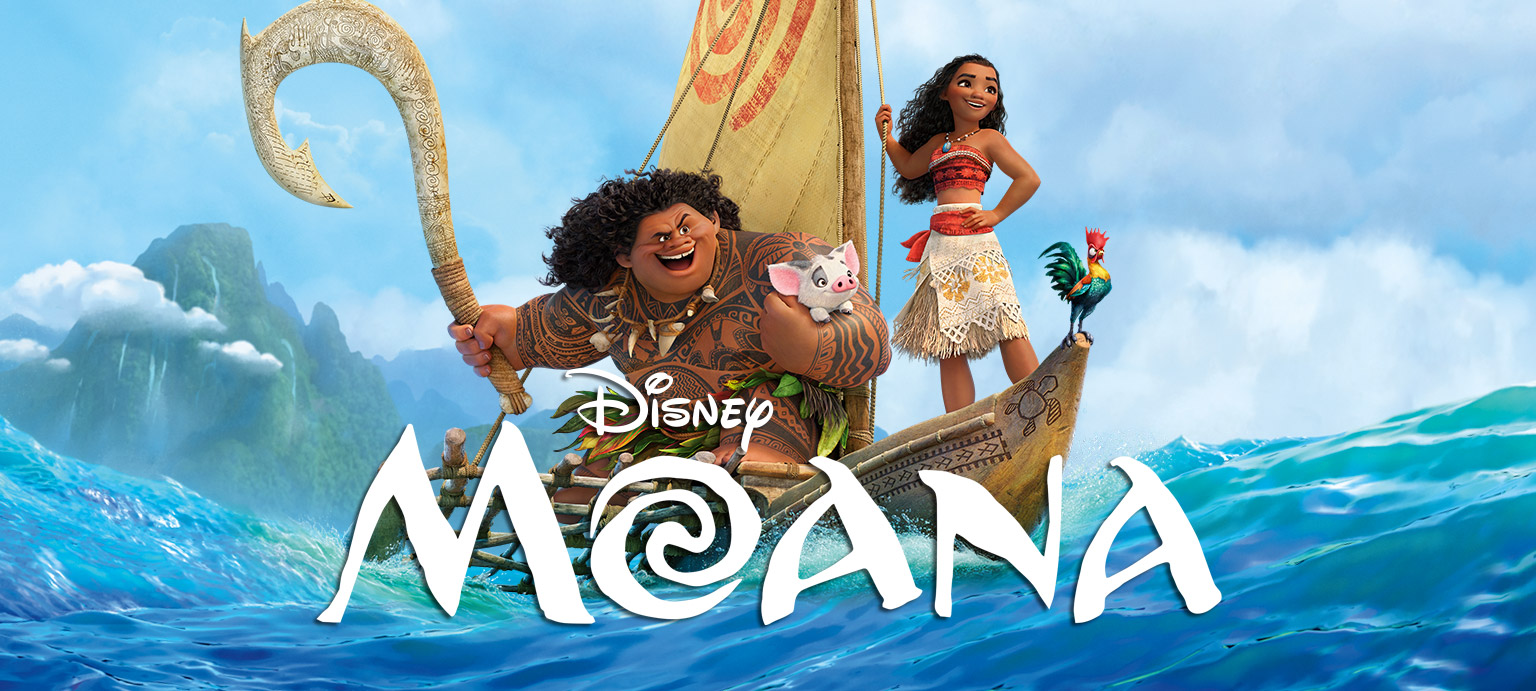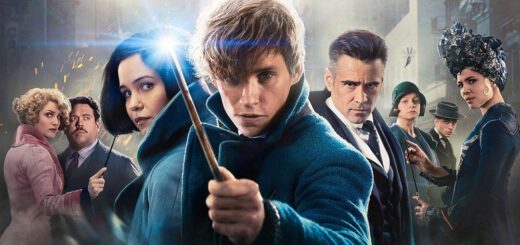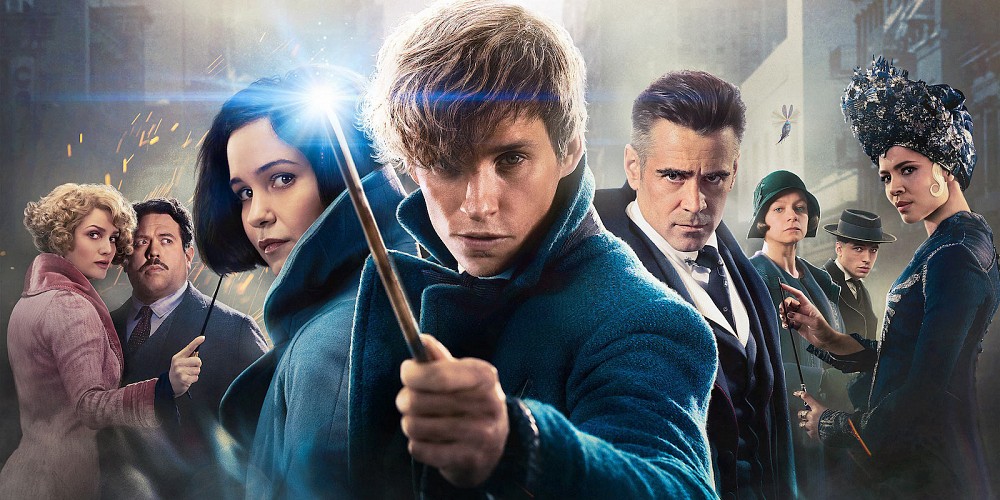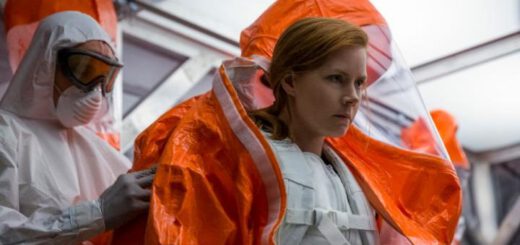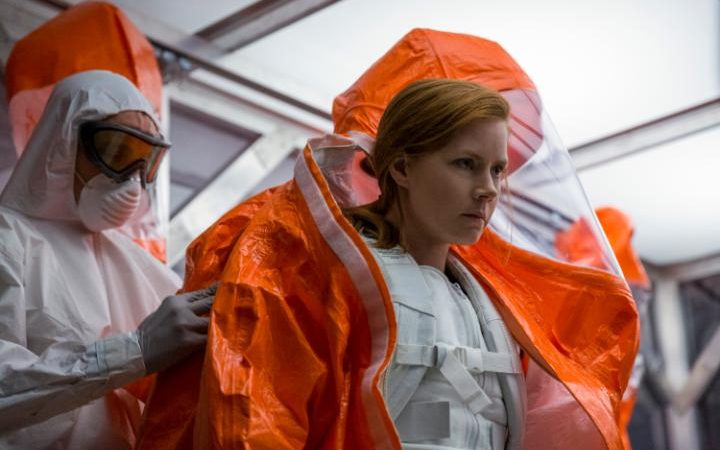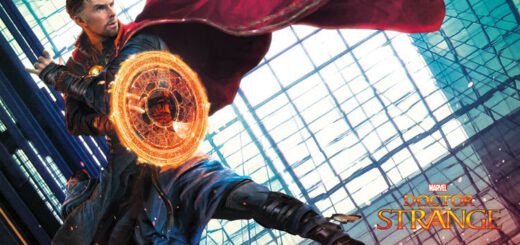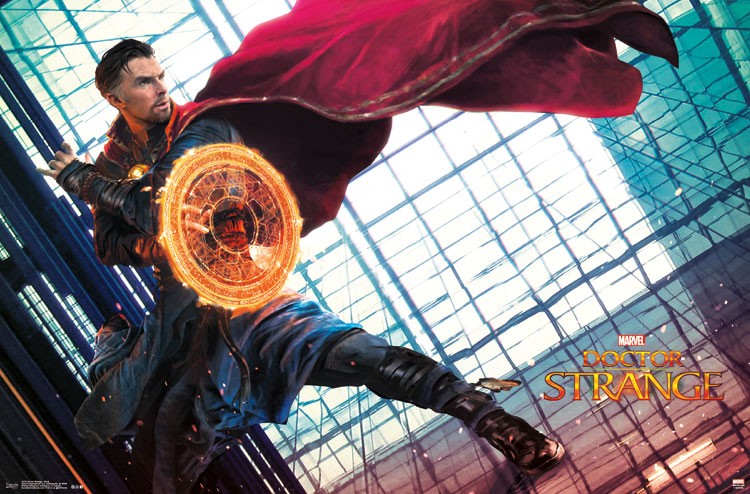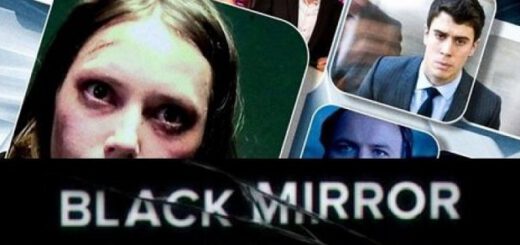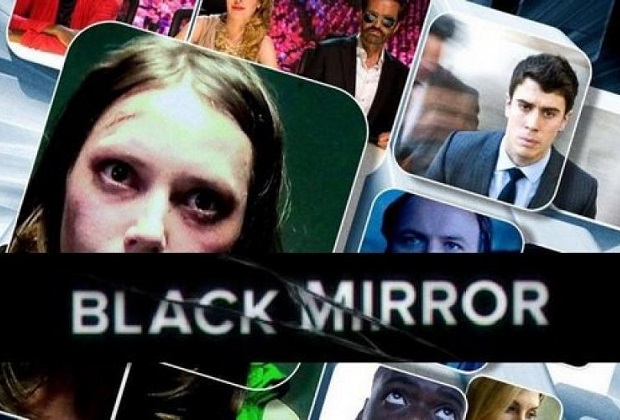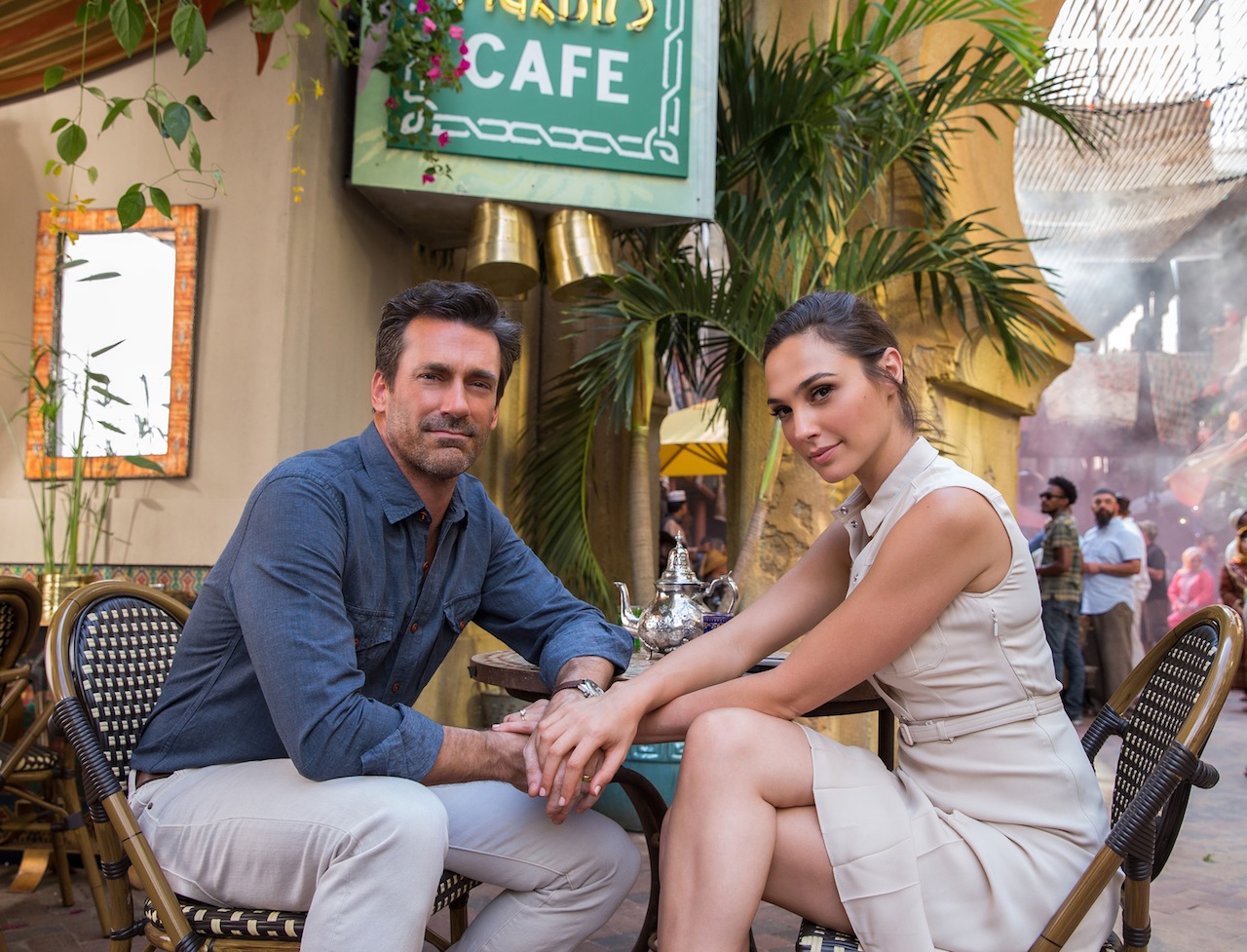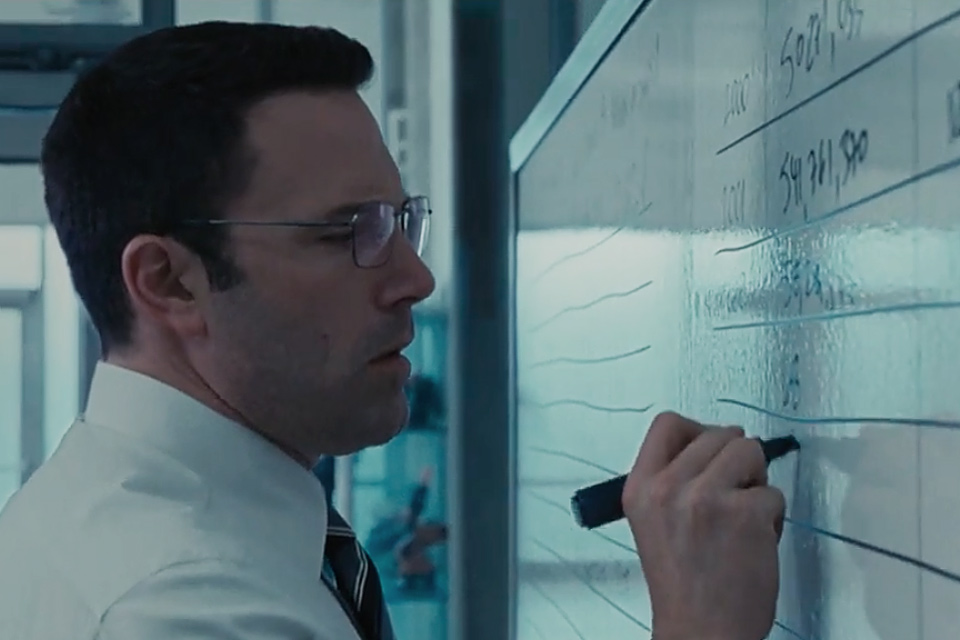Box Office Democracy: Passengers

One of the easier ways of showing that you’re a sophisticated consumer of entertainment is to lament that nothing ever changes in Hollywood. It’s true that the entertainment machine doesn’t particularly care about artistry as much as it cares about profit, and that the easiest way to make that profit is by giving people what they’ve already enjoyed, but that doesn’t mean things don’t change. A movie released today isn’t like a movie released 30 years ago, or 20 years ago, or even 10. Passengers is a movie that was written in 2007 and took nine years to produce… and in that time it’s become as much of a time capsule as the frozen people the movie is about. Passengers wants to be about the far future but instead is a relic of the past.
I’m just going to go full on in to spoilers from here on out. I think you should probably skip Passengers but if you want to go and if you want to be surprised this is your exit. Thanks.
I could never get over the fact that our main character Jim (Chris Pratt) essentially murders the other lead Aurora (Jennifer Lawrence) when he purposely wakes her up from suspended animation to spend whatever portion of the 90 year journey they survive through. I get that we’re supposed to feel Jim’s desperation and later in the movie they slap an analogy about how a person that’s drowning will pull other people down with them, but it never satisfied me. The catalyst for the entire events of the movie is an incredibly selfish act. They try to wave it away with rationalizations and by giving them a big thing to fight against and the characters get over it, but I never did. Our main character is an obsessive stalker who escalates until he irreparably changes her life without her knowledge or consent. I would watch this as a thriller or a horror movie but it falls flat as a quirky romance.
After the story fails to hook you, Passengers doesn’t have a lot to offer. The looming menace lingers on the edge of the story so gingerly that it feels like it’s afraid to pull focus, so when it becomes the big deal in the third act it seems thrown together. We go from little glitches and malfunctions to one catastrophic breakfast to the whole ship is going to explode right now. It felt like they knew they needed a big third act and that they couldn’t make it come out of nowhere, but they never much cared to make it all make sense.
Perhaps it’s just because the rest of the movie never quite clicked for me, but I felt like I had so much time to nitpick the lazy construction of the universe. Why would an essentially unmanned ship filled with people in suspended animation not simply fly around the giant asteroid field? Why is this ship not programmed to wake up a mechanic or something when systems start to fail? Why are the crew members we see older men? If you consider that a round trip takes 250 years and the crew is only out of suspended animation for a few months on either side wouldn’t that mean that after a few voyages they would be thousands of years old? 250 years ago we were riding horses and lighting candles, how are these technologies relevant enough to do multiple centuries-long voyages? Why was the observatory programmed to give facts about a part of the journey that no one would be awake for? Every movie has these problems, no script will ever be tight enough to escape silly questions, but Passengers was slow enough and irritating enough that I spent a lot of time sitting there in the dark asking how any of it made sense.
I keep coming back to the idea that it took nine years to make this movie. Maybe in 2007 I would have found this movie cute or romantic or even non-horrifying. I’m much more weary of romance stories starting with fucked up behavior than I was then. I’ve simply gotten used to a higher caliber of Hollywood science fiction over the last few years. Passengers is a movie that I’m not sure anyone is asking for, so it lingers like an unwanted guest. It’s overstayed its welcome and it needs to go.


